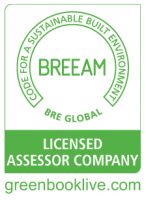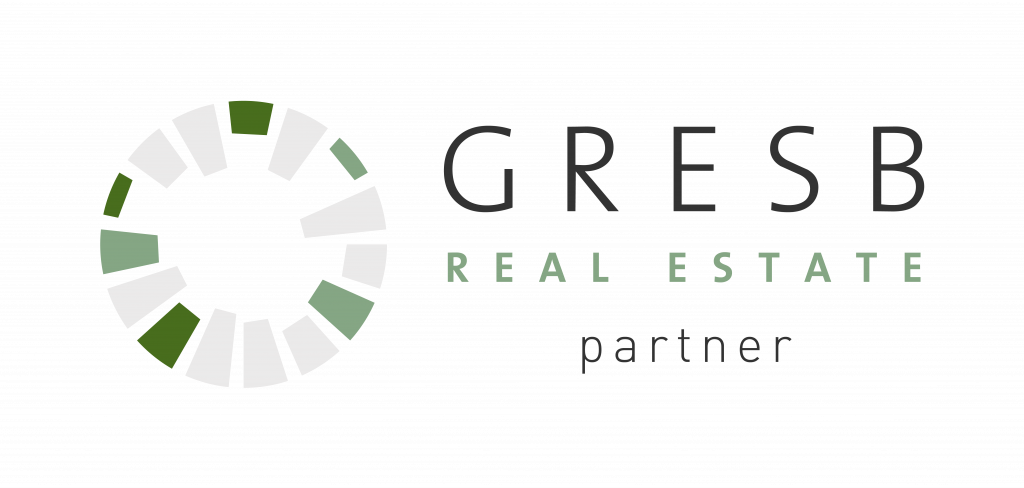Let’s start from the basics: benefit corporations are NOT B Corps.
A benefit corporation (or public-benefit corporation, PBC, or società benefit in Italian, SB) is a corporate entity, authorised by the majority of the U.S.A. and a few other Countries worldwide, that includes – as its legally defined goals, in additional to profit – positive impacts on society, workers, the community and the environment/biosphere.
A business may choose to file as a benefit corporation instead of a “traditional” C (conventional, taxed separately from its owners) corporation regardless of the nature of its business and for many reasons (e.g. for community recognition of their values). Deciding to become a benefit corporation is the choice of a company that wants to make a profit while simultaneously addressing social, economical and environmental needs, instead of operating as a traditional business corporation model i.e. simply to create profits for shareholders.
Transparency provisions require benefit corporations to publish annual benefit reports of their social and environmental performance using a comprehensive, credible, independent and transparent third-party standard. A benefit corporation doesn’t need to be certified or audited by a third-party standard, never the less it may use third-party standards to measure its own performance. A benefit corporation may also want to engage in receiving a B Corp certification from a third party, such as B Lab.
Outside of the USA, Italy was the first nation to introduce benefit corporations in January 2016. As of today, they have been introduced also in Colombia and Puerto Rico (2018), Ecuador and Canada – British Columbia (2019), Peru (2020) and Rwanda (2021).
You can find more information about benefits corporations here.









